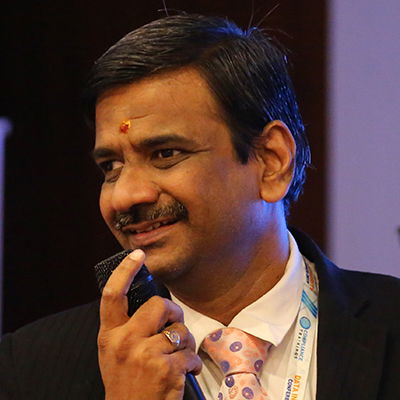Setting Up Scientifically Sound Laboratory Controls - Specifications And Test Procedures
Learn More
21 CFR 211.160(b) outlines the FDA's requirement for pharmaceutical manufacturers to establish laboratory controls, including specifications and test procedures, to ensure product quality and safety. Laboratory controls encompass establishing specifications and test procedures, critical for verifying the identity, strength, quality, and purity of pharmaceutical products. These controls serve as a quality assurance framework, governing the entire product lifecycle from raw materials to finished products, playing a pivotal role in regulatory compliance and patient safety.
Recent investigations and warning letters have increasingly targeted laboratory controls due to their substantial impact on product quality and patient safety. These controls have emerged in the top 5 most common observation by regulatory agencies since 2016. The heightened scrutiny is primarily driven by concerns related to data integrity, inadequate testing methodologies, and deviations from established procedures, all of which can compromise the reliability and accuracy of drug quality assessments.
Learning to establish scientifically sound laboratory controls is of paramount importance for pharmaceutical companies. Sound laboratory controls are inherently linked to data integrity, as they safeguard against data manipulation and ensure the accuracy, reliability, and traceability of testing results. This webinar holds great significance as it not only covers the regulatory aspects but also provides real-world case studies, offering practical insights and strategies for pharmaceutical professionals to enhance their laboratory controls, meet compliance requirements, and uphold product quality and patient safety standards.
Learning Objectives:
By the end of this training course, participants will be able to:
- Understand the regulatory framework of GMP and GLP.
- Explain the role and significance of laboratory controls in pharmaceutical and scientific research.
- Develop and implement effective specifications for quality control.
- Design and execute scientifically rigorous test procedures.
- Ensure data integrity and maintain good documentation practices.
- Prepare for regulatory inspections and audits.
- Apply best practices to establish and maintain laboratory controls in compliance with GMP and GLP standards.
Areas Covered In The Session:
- Introduction to GMP and GLP - Basic understanding
- 21 CFR 211.160(b)
- Laboratory Controls Essentials
- Developing Specifications / Method of Analysis / Designing of Raw data sheet - Setting of sound scientific Specifications in GMP/GLP
- Test Procedures and Method Validation
- Quality Control and Data Integrity/GDP controls
- Quality Control Samples
- Personnel Training and Competence
- Laboratory Auditing and Inspections of STP/Specification
- Case Studies and Practical Application
- Websites for further information - References
- Q&A session
Who Should Attend:
- Quality Assurance Departments
- Quality Control Departments
- Quality Chemists
- Quality Analysts
- Analytical Reviewers
- Research Scientists
- Laboratory Personnel
Course Director: G. SUNDAR
 |
|